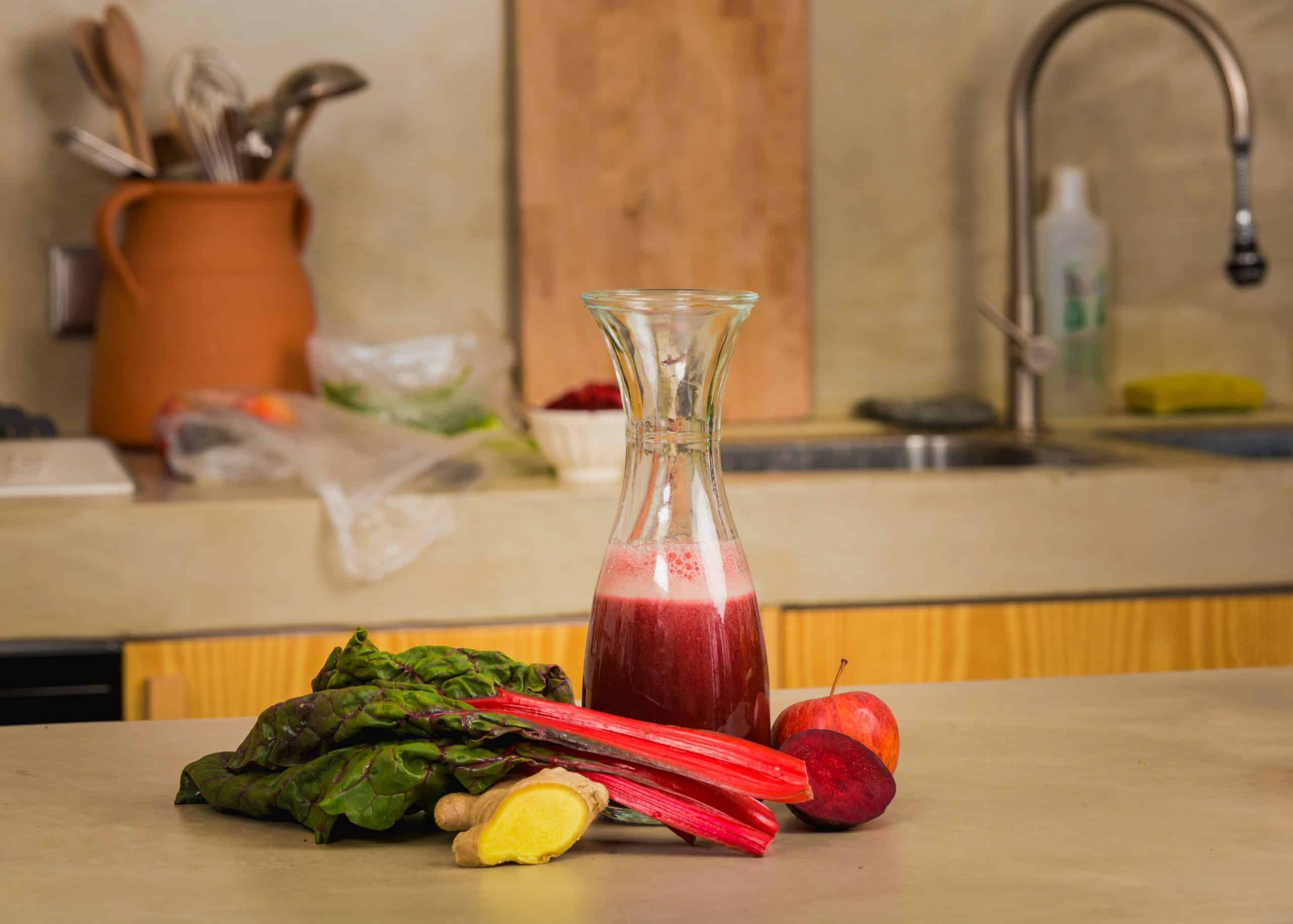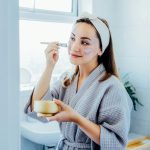As bird owners, you know that feeding your pet parrot the right diet is crucial for their health and longevity. However, as parrots age, their dietary needs change and become more complex. To ensure your senior parrots live a healthy and vibrant life, it’s essential to provide them with a balanced and nutritious diet tailored to their age. This article will guide you through the process of preparing a high-quality diet for your senior parrot.
Understanding the Dietary Needs of Senior Parrots
Before we delve into the specifics of what your senior parrot’s diet should look like, it’s important to understand what makes their dietary needs different from their younger counterparts. As parrots age, their metabolism slows down, thus requiring fewer calories than younger birds. Simultaneously, their need for certain nutrients, such as vitamins and minerals, increases.
En parallèle : How to Ensure Adequate Sunlight Exposure for Indoor Pet Turtles?
Furthermore, senior parrots are more prone to obesity and other health issues, making it even more crucial to monitor their diet carefully. An obesity-prone senior parrot will require a diet low in fats and sugars. Chronic diseases, such as arthritis and kidney disease, can also dictate changes in your parrot’s diet, requiring adjustments in nutrient content or the addition of dietary supplements.
Essential Nutrients for Senior Parrots
When planning your senior parrot’s diet, it’s critical to ensure it’s packed with the essential nutrients they need to thrive. High quality foods rich in vitamins, minerals, and other necessary nutrients should form the bulk of their diet.
A découvrir également : What Are the Most Effective Ways to Teach an Adopted Dog Basic Commands?
The first essential nutrient your senior parrot needs is protein. Protein aids in cell regeneration, a process that becomes more important as the bird ages. Foods that are high in protein include seeds, legumes, and certain types of vegetables.
Vitamins and minerals are also crucial for your senior parrot’s health. They play a key role in maintaining good vision, a robust immune system, and a healthy metabolism. Foods rich in vitamins and minerals include fresh fruits and vegetables, whole grains, and fortified pellets.
Hydration is also key. Just as is the case with humans, water is essential to parrot health. It aids in digestion, helps regulate body temperature, and keeps the skin and feathers healthy. Make sure your parrot always has access to fresh, clean water.
Selecting the Right Foods for Your Senior Parrot
The selection of the right foods for your senior parrot is a task that requires careful thought and consideration. While seeds have traditionally been the mainstay of parrot diets, they are high in fats and lack many essential nutrients. Therefore, a diet based solely on seeds is not recommended for senior parrots.
Instead, consider incorporating a variety of foods into your pet’s diet. Fresh fruits and vegetables, high-quality pellets, and certain types of seeds can all form part of a balanced diet. However, remember that not all fruits and vegetables are safe for parrots. Always research or consult with a vet before introducing a new food into your parrot’s diet.
Pellets are an excellent source of nutrients for parrots. They are usually fortified with vitamins and minerals, ensuring that your parrot gets all the nutrients they need. Choose high-quality pellets that are free from artificial colors, flavors, and preservatives.
Feeding Guidelines for Senior Parrots
Now that you know what types of food to include in your senior parrot’s diet, let’s discuss how much to feed them and how often. The amount of food your parrot needs will depend on their size, weight, and activity level. As a general rule, most senior parrots will eat approximately 1/2 to 1 cup of food per day.
When it comes to feeding frequency, it’s best to divide the food into two meals per day. This will help to keep your parrot’s metabolism active and avoid overfeeding. Remember to remove any uneaten food after a couple of hours to prevent spoilage.
Avoid feeding your senior parrot a diet high in sugar and fat, as these can lead to health problems such as obesity and heart disease. Instead, focus on providing balanced meals packed with nutrients that will keep your parrot healthy and active.
Regular Vet Check-Ups
Regular vet check-ups are an essential part of maintaining your senior parrot’s health. During these visits, your vet can monitor your parrot’s weight, check for any health issues, and provide dietary advice tailored to your bird’s specific needs.
Remember, nutrition plays a significant role in your parrot’s wellbeing. Providing a balanced and nutritious diet for your senior parrot is not just about extending their lifespan, but also about enhancing the quality of their life. With a proper diet, your senior parrot can enjoy their golden years in good health and high spirits.
The Impact of Environmental Factors on Senior Parrot’s Diet
While we focus heavily on the dietary needs of senior parrots, it is also crucial to acknowledge the impact of environmental factors on their diet. Maintaining an optimal environment can significantly boost the effectiveness of a nutritious diet and contribute to the overall wellbeing of your senior parrot.
The temperature of the surroundings, for example, can influence your parrot’s appetite. In colder temperatures, parrots may need to consume more food to generate body heat, whereas, in warmer conditions, they may eat less. Similarly, factors such as humidity and lighting conditions can also impact their eating behavior.
The level of activity of your senior parrot also plays a significant role in their diet. More active parrots might require a higher caloric intake to sustain their energy levels. Therefore, promoting a moderate level of activity can ensure your parrot maintains a healthy appetite and weight.
Social and emotional factors can also influence your parrot’s eating habits. Parrots are intelligent and social creatures that may refuse to eat when they are stressed or unhappy. Ensuring your parrot’s emotional wellbeing can play a significant role in promoting good eating habits and maintaining a balanced diet.
Finally, regular exposure to natural sunlight can boost your parrot’s vitamin D levels, which in turn aids in calcium absorption, crucial for bone health. A well-rounded approach, including good diet and suitable environment, can significantly contribute to your senior parrot’s long-term health and happiness.
Monitoring Changes in Your Senior Parrot’s Eating Habits
Keeping a close eye on your senior parrot’s eating habits can provide valuable insights into their overall health. Any significant changes in their eating behavior or weight could be an indication of underlying health issues.
For instance, a sudden loss of appetite could be a sign of illness, stress, or a lack of variety in their diet. On the other hand, overeating could lead to obesity, putting your parrot at risk of various health problems. Hence, constant monitoring and timely intervention can prevent these issues from escalating.
Your parrot’s droppings can also provide clues about their health. Changes in color, consistency, or frequency can indicate potential health issues or nutritional deficiencies. Regularly checking and maintaining a clean cage can not only ensure a healthy living environment but also allow you to notice any changes early on.
It’s important to consult a vet if you notice any significant changes in your parrot’s eating habits or droppings. They can provide expert guidance and help you adjust your parrot’s diet or lifestyle as necessary.
Conclusion
In conclusion, preparing a nutritious diet for a senior parrot involves a lot more than just selecting the right foods. It requires a deep understanding of your parrot’s changing dietary needs and a commitment to providing a balanced diet rich in essential nutrients. You must also consider environmental factors that can impact their diet and closely monitor their eating habits for any signs of potential health issues. By taking a comprehensive approach to your senior parrot’s diet, you can ensure they stay healthy, happy, and vibrant throughout their golden years.






